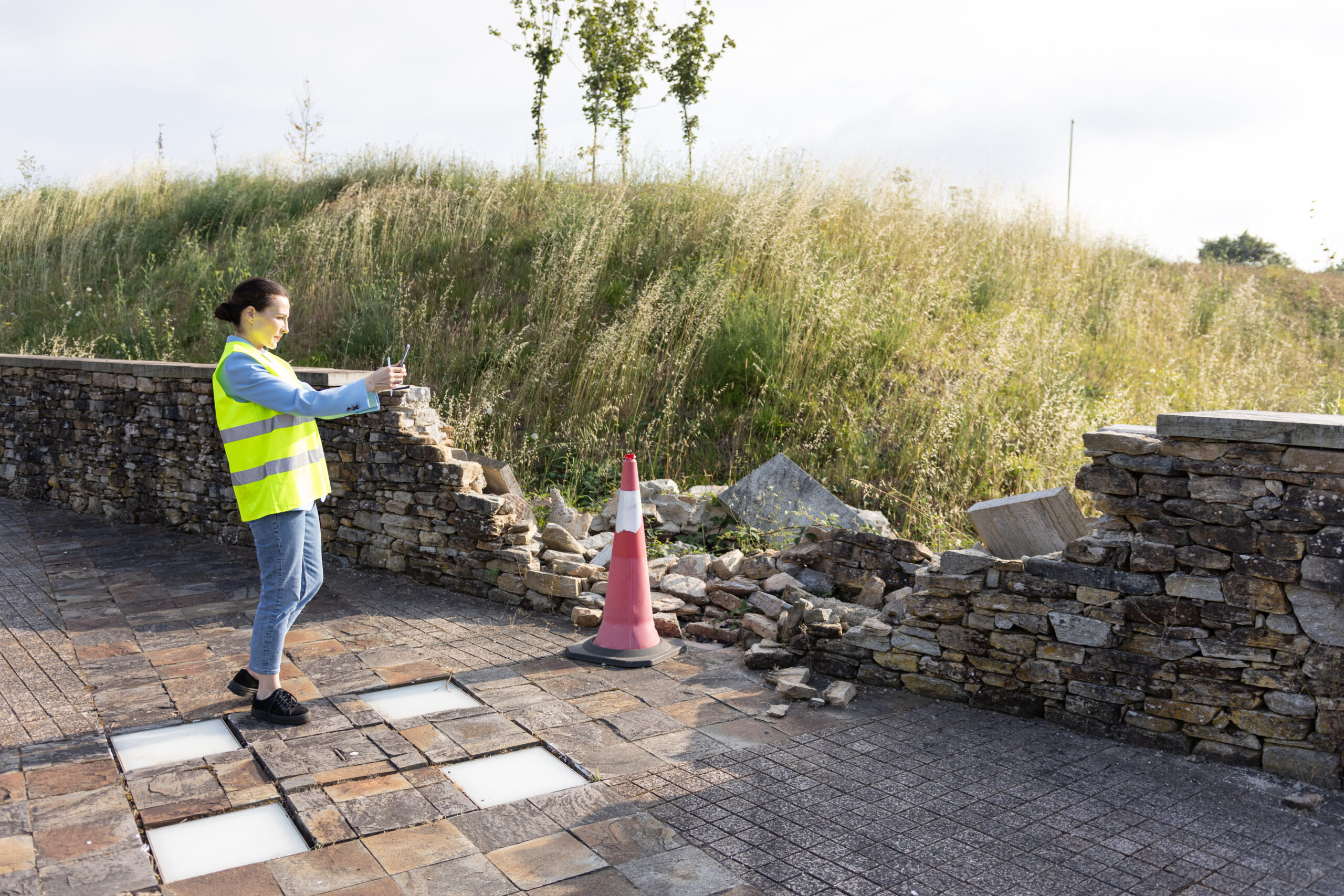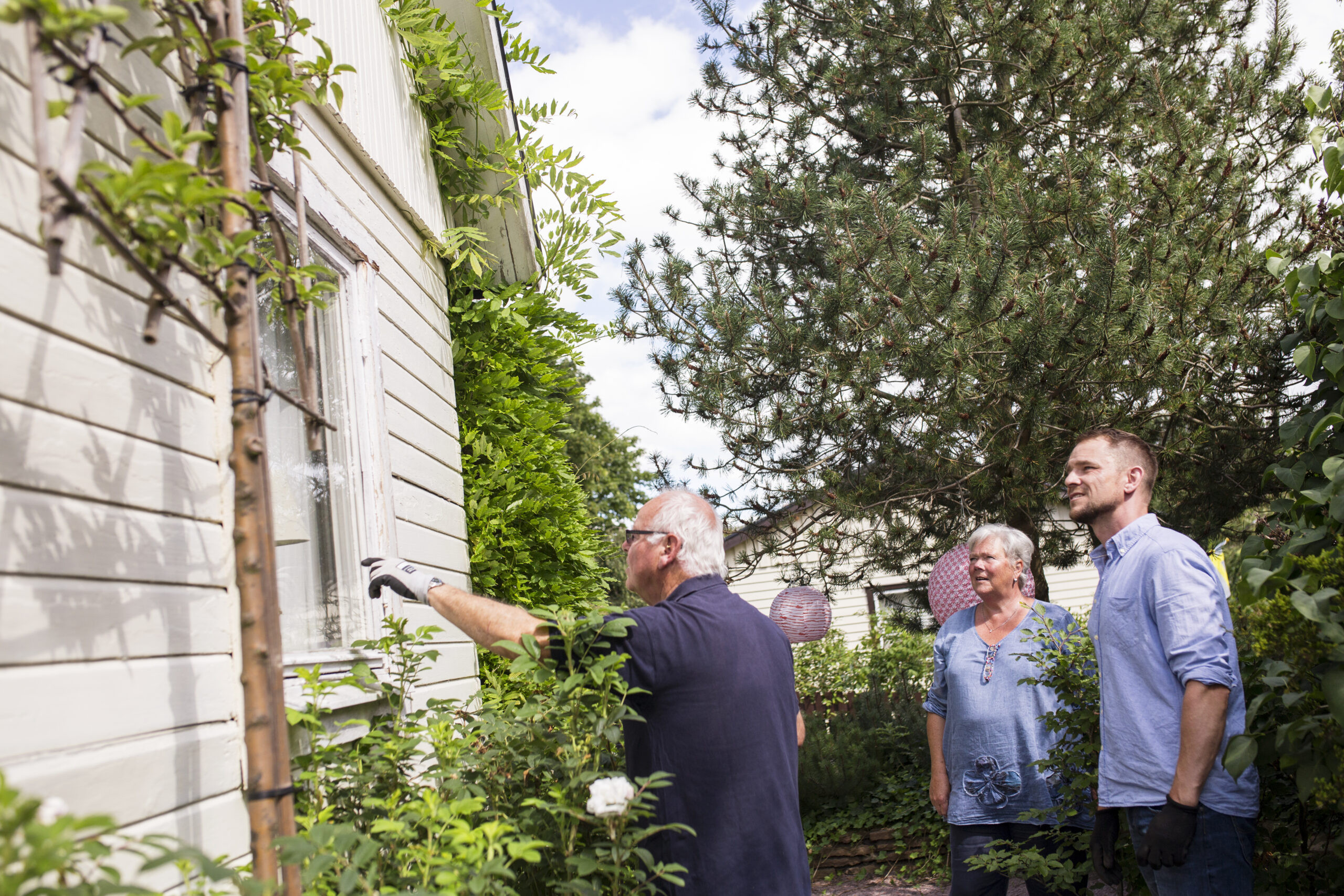Are You Really in Charge of Your Land? The Hidden Rules of Property Easement
Get a Quote
It's quick and easy to get a quote.
Simply leave us your name, phone number and what you need quoted and one of our expert conveyancing solicitors will call you straight back.

A property easement is a legal right that allows someone to use a specific part of another person’s land for a defined purpose, without transferring ownership. The landowner retains title, while the easement grants limited access or use rights to another party.
This legal arrangement involves two parties: the dominant tenement, which benefits from the easement, and the servient tenement, which carries the obligation. The relationship is binding and affects how each party may use the affected area.
Understanding how an easement operates is critical when buying, selling, or developing property. Overlooking one may result in legal restrictions, construction limits, or ongoing obligations. This guide outlines the key types of easements, how they are created or removed, the rights and duties involved, and their potential impact on land use and value.

Types of Property Easements and Their Impact
Property easements vary in form and function, and each type has distinct characteristics and implications for how the land may be used, maintained, or developed.
The table below outlines common types of easements, their intended purpose, and how they may influence property use and value:
| Easement Type | Purpose and Example | Impact on Use and Value |
| Right of Way | Grants passage through another property, often for access to a road or laneway. | Requires unobstructed access. May limit fencing or landscaping. Can reduce privacy but increases access value. |
| Utility Easement | Allows installation and maintenance of services such as water, gas, electricity. | Restricts construction over the affected area. Generally minimal impact unless infrastructure is visible. |
| Drainage Easement | Permits the flow or management of stormwater or wastewater through the property. | Building is often restricted. Failure to observe the easement can result in fines or liability for damage. |
| Conservation Easement | Protects specific environmental or heritage features. | Limits development permanently. Can reduce land value but may enhance neighbouring areas through preservation. |
| Party Wall or Support | Applies to shared walls or structural supports in duplexes or townhouses. | Requires joint responsibility. Owners must maintain the shared structure and may not interfere with its support. |
Some easements are positive, giving someone the right to use land for a stated activity, such as crossing it. Others are negative, preventing the landowner from undertaking certain actions, such as building a structure that blocks another party’s light or access.
How Easements Are Created and Removed
Easements do not arise by accident. They are created through legal processes that define who benefits, what land is affected, and how the rights may be used. In most cases, these arrangements are formalised and recorded on the property title, although some may arise under specific legal conditions without registration.
Ways an Easement Can Be Created
- By Express Agreement
This is the most common method. The landowner grants permission to another party through a formal legal document, often during subdivision or sale. The easement is registered with the Queensland Titles Registry, and its terms remain in effect even if the property changes hands. - By Statutory Authority
Councils, utility companies, and government bodies may create easements under legislation. These statutory easements often relate to infrastructure such as water mains or electricity networks. In some cases, these rights apply even without a registered title entry. - By Court Order
In certain circumstances, a court may impose an easement if it is just and reasonable to do so. This typically applies out of necessity because a landowner cannot make reasonable use of their land without access through neighbouring property, and efforts to negotiate have failed. - By Prescription
Historically, prescriptive easements were recognised where a person had used part of another’s land openly, continuously, and without objection for an extended period, typically over 20 years. However, prescriptive easements are generally not recognised in Queensland and are rarely enforceable, particularly where the servient land has changed ownership over time.
Ways an Easement Can Be Removed
- By Mutual Agreement
If both the landowner and the easement holder agree that the easement is no longer needed, they may execute a formal release. This document is then lodged with the Queensland Titles Registry to remove the easement from the title. - By Merger of Titles
If one party comes to own both the benefited and burdened land, the easement may no longer serve a purpose and can merge with the title. In most cases, a formal process is still required to remove it from records. - By Expiration or Fulfilment of a Condition
Some easements are temporary or conditional. Once the term ends or the condition is met, the easement ceases to apply. This is more common in development or construction projects. - By Court Application
A landowner may apply to the court to remove or modify an easement that has become obsolete or unreasonably burdensome. The court will consider whether the easement still serves a useful purpose and whether its removal is fair to all parties involved.
Once in place, an easement carries legal weight. It cannot be ignored or modified without following the proper procedure. Whether granting, receiving, or attempting to remove an easement, each party should seek legal advice and ensure the change is properly documented and registered.

Rights and Obligations of Each Party
The easement holder has the right to use a defined portion of the land for a specific purpose, such as access or infrastructure maintenance. These rights are limited in scope and do not extend beyond what is stated in the easement documentation. For example, a right of way typically allows passage, but not parking or storage, unless expressly permitted.
The landowner retains ownership of the area affected by the easement. Typically they continue to use the land as long as it does not interfere with the easement’s intended purpose. They are often entitled to protection from unauthorised or excessive use by the easement holder.
Generally under easement documentation, both parties carry responsibilities. The easement holder must avoid damage, limit their use to the terms of the easement, and restore any disturbed land. The landowner must not obstruct the easement and must allow lawful access. In shared-use situations, such as a common driveway, both parties may need to contribute to maintenance, even if no written agreement exists.
Maintenance and liability
Typically, the easement holder maintains the infrastructure they rely on. If a landowner obstructs or damages an easement; for example, by building over a drainage line, they may be held liable for resulting issues. When responsibilities are unclear, professional advice can help clarify obligations and prevent disputes.
Where responsibilities are unclear or undocumented, misunderstandings may arise. In such cases, legal advice or negotiation may be necessary to resolve disputes and clarify each party’s obligations.
How Property Easements Affect Value and Development
Easements may not always be visible, but they can have a lasting effect on a property’s usability, market appeal, and development potential. Whether a property is residential, commercial, or rural, it is important to understand how an easement may shape what can be done with the land and how it is perceived by potential buyers or investors.
Impact on Usable Land
An easement effectively places a restriction on a defined portion of land. In many cases, this land remains usable for certain purposes, but there are limits:
- Permanent structures are generally prohibited over utility and drainage easements.
- Local planning regulations may impose setbacks around easement areas.
- Landscaping and fencing may require permission if they could obstruct access or infrastructure.
For example, a rear boundary drainage easement may prevent the construction of a pool or extension, even if the rest of the land size would ordinarily allow it.
Effect on Property Development
When planning new buildings, extensions, or subdivisions, existing easements must be carefully reviewed. Development applications may be refused if proposed works interfere with an easement or reduce access required by law or service providers. Issues that could arise include:
- Plans that encroach on an easement may need to be altered, delaying approvals and increasing costs.
- Certain developments may require an easement to be relocated or removed, which can be a complex legal process.
- Some authorities will not approve any construction within an easement zone, regardless of its perceived impact.
Early identification of easements is essential during the design and planning stages to avoid significant disruption.
Influence on Market Value and Appeal
Easements can affect a property’s market value, depending on the type of easement, its location, and its impact on the property’s function or appeal:
- Minimal impact: Common utility easements along a side boundary may have little to no effect on value if they do not restrict use or visibility.
- Moderate impact: Easements that reduce the buildable area or restrict desirable improvements may reduce value, particularly in smaller lots.
- Significant impact: High-voltage transmission lines, wide easement corridors, or conservation restrictions may lower marketability and valuation due to perceived inconvenience or long-term limitations.
A property with a well-positioned easement that provides access to an otherwise inaccessible lot may increase in value for the benefitting land. In rare cases, an easement may enhance a property’s appeal, for example, a legal right to access a private beach or laneway.
Considerations for Buyers and Sellers
- Easements must be disclosed during the sale of a property. Buyers should always examine title documents and plans to understand what rights exist over the land. If a seller fails to disclose an unregistered easement, the buyer will have a right to terminate the contract.
- Lenders may assess the impact of an easement when determining whether to approve a mortgage, particularly where significant restrictions apply.
- Valuers may apply a discount to the property’s assessed value based on the nature and impact of the easement.
While not all easements reduce a property’s desirability, failing to understand or account for them can result in unexpected legal or financial consequences.

Moving Forward with Informed Property Decisions
Overlooking property easements can lead to disputes, financial setbacks, or limits on future plans. Understanding them helps inform decisions and maintain strong relationships between neighbours, developers, and service providers.
When managed well, an easement protects the interests of both the landowner and the easement holder. It requires landowners to honour legal rights without surrendering control, and easement holders to exercise their use with fairness and care. Both sides contribute to the easement’s purpose and the cooperation on which it depends.
The most effective way to manage easements is through clarity, of boundaries, agreements, and communication. Buyers should ask the right questions before purchasing. Sellers should disclose easements clearly. Anyone planning changes should assess how existing rights might affect approvals and design.
If you are unsure how an easement affects your property, or if you are facing challenges with an existing one, we encourage you to seek legal advice. To take the next informed step, feel free to contact us.
 Skip to content
Skip to content